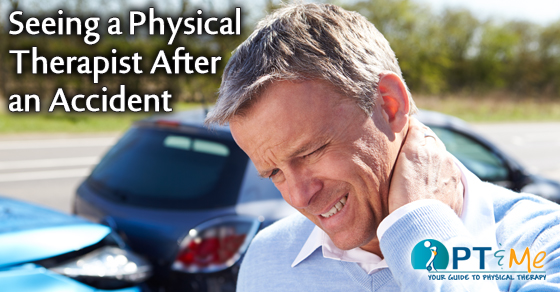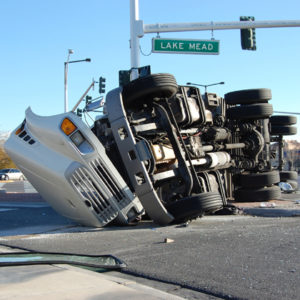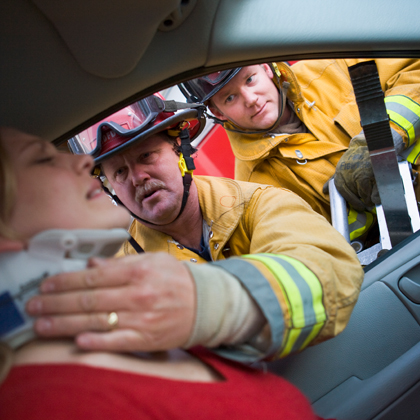
Anyone who has been involved in an accident and is now struggling to cope with a resulting injury should seriously consider visiting a physical therapist. The documented benefits of physical therapy are numerous, and in many cases physical therapists are able to greatly improve their patients’ quality of life. Whether you are mildly hurt or are suffering from a long-term debilitating injury, read on to learn what physical therapy is, which types of accident injuries physical therapists commonly work with, and about the numerous benefits of physical therapy
What is Physical Therapy?
Physical therapy is a type of rehabilitation aimed at bringing injured patients back up to their optimal level of health via various treatments and exercises. Physical therapists create patient specific plans designed to enable the patient to perform their daily tasks at the highest possible level of function. While a physical therapist will set different goals for different patients, common goals of therapy include:
- Improving physical function and movement
- Decreasing/managing the patient’s pain
- Preventing re-injury
- Increasing the patient’s strength, endurance, range of motion and flexibility
Wondering how physical therapy helps achieve these goals? While different therapists may approach these goals in slightly different ways, physical therapy programs rely mostly on progressive exercises and manual therapy in order to reach a patient’s goals. For example, a therapist will generally start you out with simple stretches and gradually work towards more challenging exercises tailored to suit your injury, limitations, and recovery goals. Additionally, manual therapy, such as soft tissue mobilization and joint mobilization, can help decrease a patient’s pain, reduce swelling, and restore motion.
Accident Injuries that Physical Therapists Commonly Work With
While physical therapists are well equipped to assist patients with minor as well as serious injuries, many people who visit a physical therapist in Houston do so because of a long-term debilitating injury that they suffered as a result of a boat, truck, or car accident. For example, physical therapists commonly work with patients who have been involved in an accident and are suffering from:
- Back and neck pain
- Arm and shoulder pain
- Leg and knee pain
- Foot and ankle injuries
- Hand injuries
- Decreased range of motion

The Benefits of Physical Therapy
Individuals who are injured in an accident often find that attending physical therapy improves their well-being in a number of different ways. While each case and each patient are different, the benefits commonly associated with physical therapy include:
- Pain Management: Many people who are injured in an accident attend physical therapy primarily in order to reduce or eliminate the pain caused by whiplash, disc herniation, fractures, and other injuries. The therapeutic exercises and manual therapy techniques utilized by physical therapists are often able to help reduce a patient’s pain and allow them to rely less on pain medication.
- Can Help Avoid Surgery: In some circumstances physical therapy has been known to help a patient avoid having surgery altogether. This can be beneficial as surgeries sometimes involve a lengthy recovery, not to mention the inherent risk of undergoing the surgery itself.
- Quickens Recovery: Individuals who attend physical therapy after an accident often recover much faster than they otherwise would have. Additionally, these individuals also tend to ultimately achieve better range of motion and muscle strength than those with comparable injuries who did not attend rehab.
- Helps Prevent Chronic Pain: People injured in car accidents often suffer from chronic pain and other symptoms long after the accident occurred. Additionally, some car accident injuries, if left untreated, will worsen over time. Fortunately, accident victims who promptly attend physical therapy tend to experience much less chronic pain than they otherwise would.
Of course, if you have been injured in a wreck due to another person’s negligence, you may wish to speak with a car accident lawyer for help. Indeed, an attorney can help advocate on your behalf to ensure you receive the compensation necessary to pay for your recovery.









